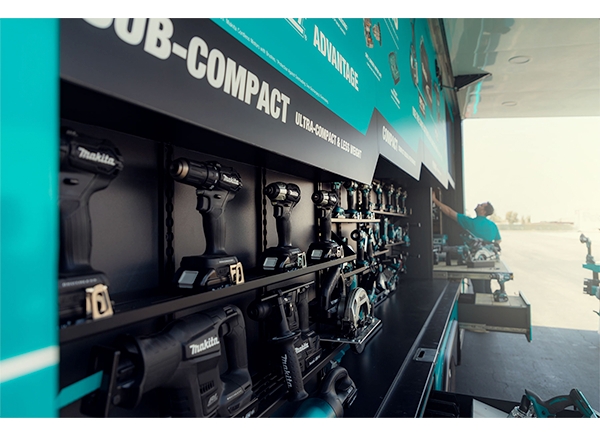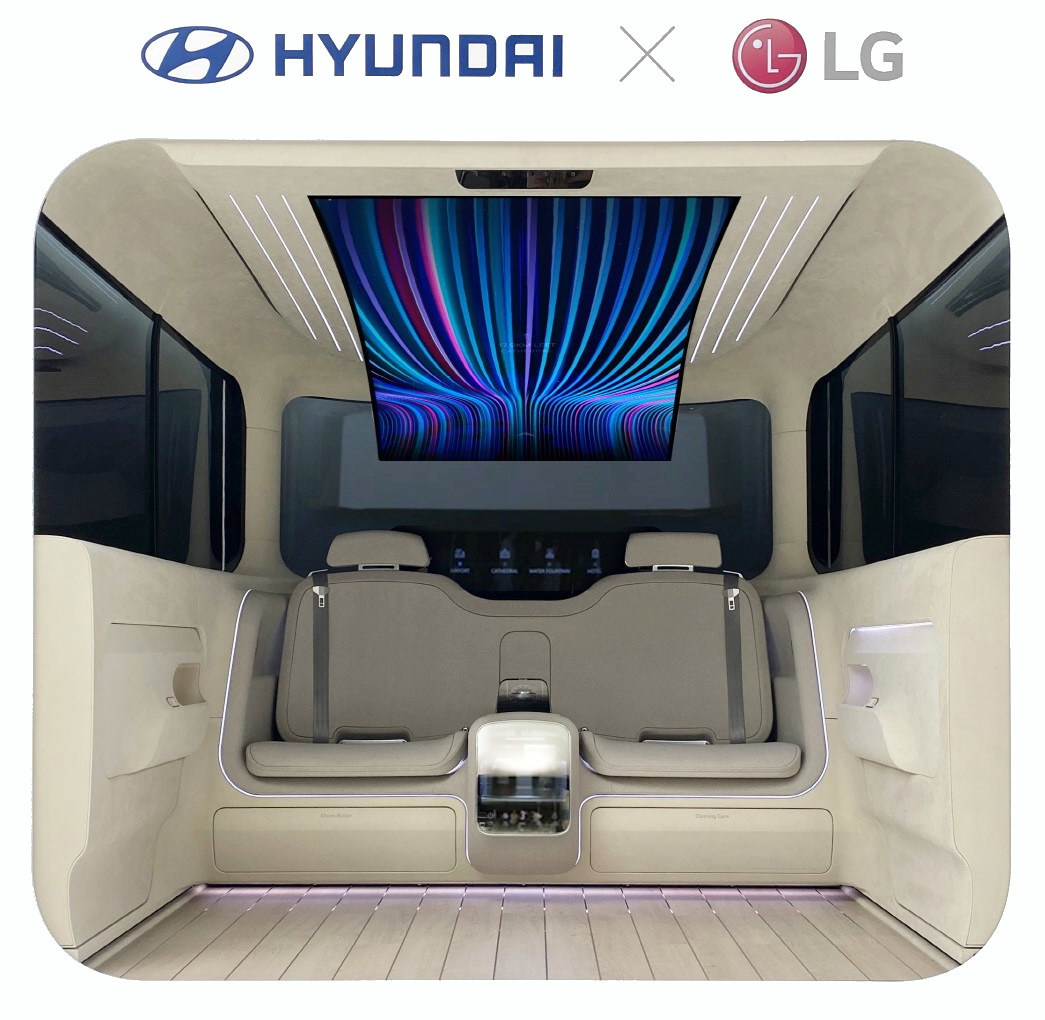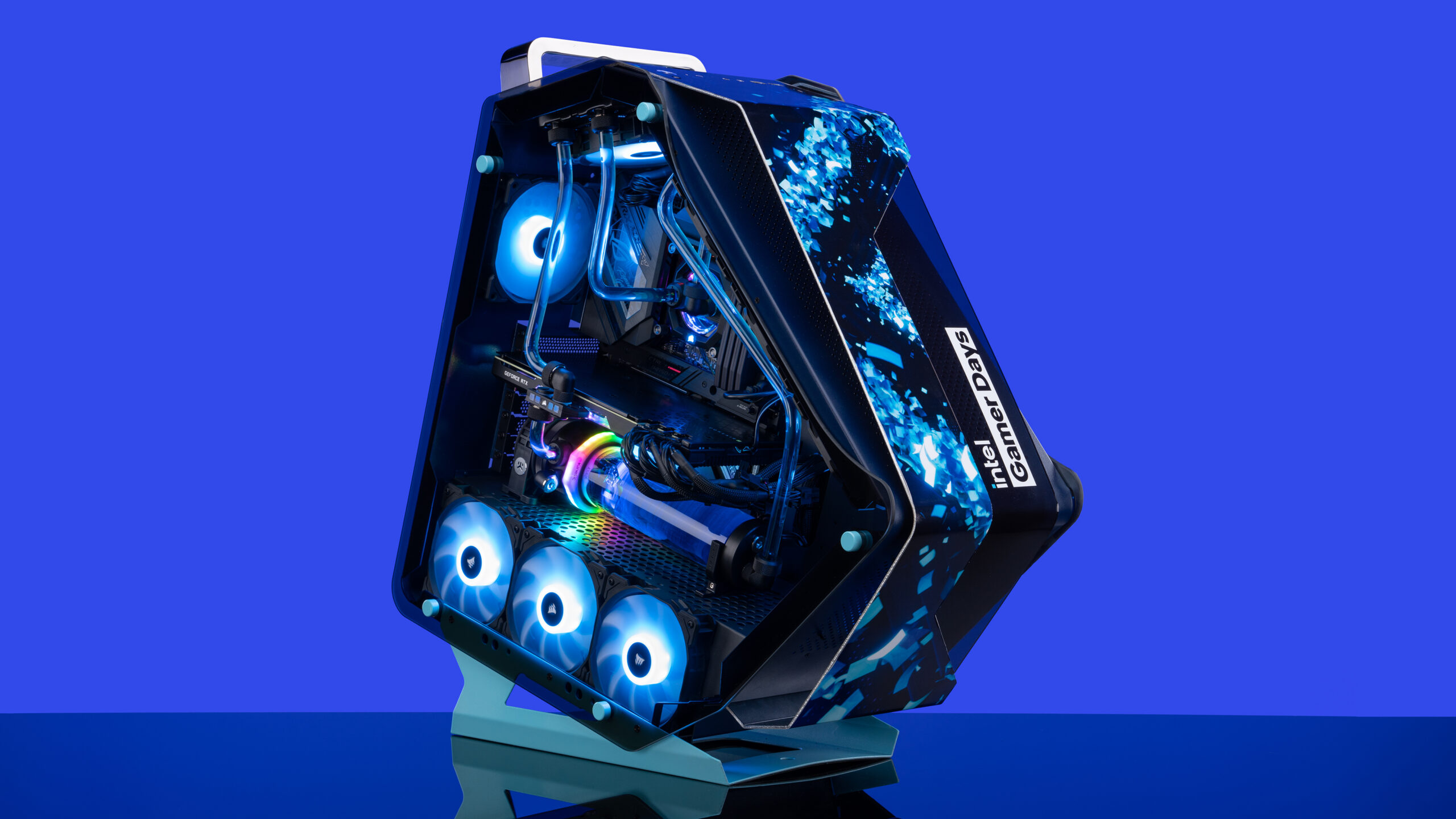How to Prevent False Fire Alarms

All commercial buildings are required to have functioning fire alarm systems in accordance with NFPA guidelines, so it’s vital to ensure your building has the best fire prevention tech on the market. However, with great fire alarms comes great responsibility. After installing an alarm system in your building, you should also educate yourself on how to prevent false fire alarms, which certainly are not rare.
As I’m sure we’ve all experienced at one point or another, fire alarm systems can provide false alarms in some cases. This can happen for a handful of reasons, but luckily, you can prevent it in a handful of ways as well. These tips for how to prevent false fire alarms will help you avoid having to clear out the building and alert the fire department just because someone burnt their lunch or because some dust got into a smoke detector.
Periodically Clean Smoke Detectors
In order to alert the system of excessive smoke, commercial smoke detectors monitor particles in the air. However, if dust builds up inside the device, it can begin sending out false alarms. Luckily, there’s a very simple solution to this—regularly clean the smoke detectors. Some light dusting will prevent those false alarms from unnecessarily clearing folks out of the office when they’re trying to work. The changing office landscape is already pretty stressful for some people, so they certainly don’t need situations like this to make it even worse.
Be Strategic When Installing Detectors in the Kitchen
When you’re installing smoke and heat detectors in your building, be wary of which detector you place in the kitchen. This is why it’s important to know the differences between smoke and heat detectors. The way each type detect hazards in the air makes certain types suitable for different areas. To avoid false alarms due to Hank burning his lunch in the office kitchen, consider using heat detectors instead of smoke detectors. If you still want a smoke detector in the kitchen, make sure it’s a photoelectric smoke detector. Due to their ability to detect smoldering fires better than flaming fires, photoelectric smoke detectors are less likely to trigger a false alarm due to burnt food.
Annually Schedule a System Inspection
To make sure your commercial fire alarm system is intact and to ensure you’re operating within NFPA guidelines, you need to schedule a regular inspection every year. Like most technology in the world today, sometimes mechanical failures happen for seemingly no reason. Whether you hire an outside expert or already have a qualified professional on your maintenance staff, having them do a thorough inspection will help you know whether or not your commercial alarm system is reliable.




